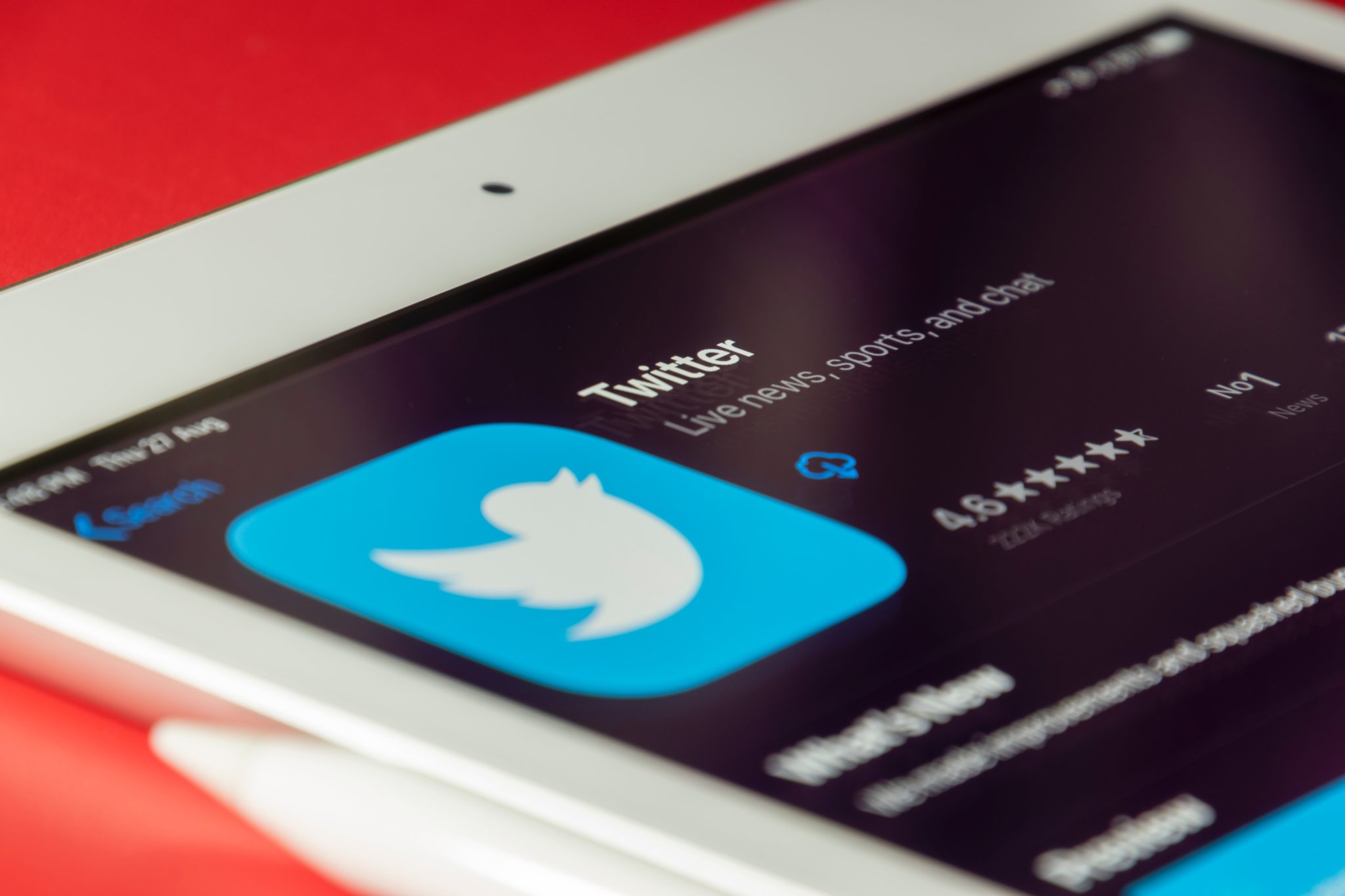Introduction
Twitter is one of the bigger social media platforms globally, with over 396 million active users. It is a place people go to get updates on the world, enjoy musings from their favorite celebrities and social media influencers, and share their thoughts and opinions on everyday life. While Twitter has a huge user base and an array of influencers that have achieved significant followings, it hasn’t been able to monetize these influencers as well as platforms like Facebook, Instagram, and even TikTok.
Twitter has also been the subject of many controversies, and its status as a public forum makes it a platform with a lot of contentiousness and debate. Big changes could be coming to this social media giant, as one of the world’s richest men and most polarizing figures, Elon Musk, just bought into Twitter for 9.2%. This makes him the single biggest shareholder of the company.
Musk is supposedly a “passive shareholder,” but after tweeting about free speech and restrictions on the platform within weeks of the purchase, he will likely become an advocate for change. At this point of change at one of the biggest social platforms in North America, it is the perfect time to look at what the future may hold for one area that the company could improve on, influencer marketing.
Let’s dive into Twitter’s potential for influencer marketing, how it is currently being used, and what the future may hold.
The Current State of Twitter Influencer Marketing
When most brands plan an influencer marketing campaign, they’ll typically consider a few different platforms. Instagram, YouTube, Facebook, and TikTok influencer marketing are incredibly popular and have the highest number of brands that focus their efforts on them. According to HootSuite, 93% of influencer marketers plan to use Instagram, 68% plan to use TikTok, 68% plan to use Facebook, and 48% plan to use YouTube. Only 32% are planning to use Twitter.
However, just because Twitter isn’t as widely used as other platforms doesn’t mean it can’t be a valuable asset for influencer marketers. According to the Digital Marketing Institute, 41% of Twitter users intended to make a purchase based on a tweet. The influencers on the platform still have the power to impact consumer behavior and generate sales. The question is, then, why aren’t more brands looking to Twitter for their outreach?
The answer to this likely lies in the content format that Twitter relies on. Right now, the big trend in social media marketing is short-form video content. Instagram and TikTok both have features dedicated to this format, and while Twitter does support video and images, it is largely a text-based platform.
Influencer marketing is likely best done more visually. It is possible to do this on Twitter, but it isn’t as core of an aspect of the platform as it is on the other dominant social media channels. Instagram, YouTube, Facebook, and TikTok are all photo and video-centric. This is likely what leads to advertisers favoring them over Twitter.
What Does the Future Hold?
The future of influencer marketing at Twitter is complicated. In recent years, Twitter has focused on influencer marketing, adding resources on their business page to help inform brands that may want to try marketing on their platforms. However, they don’t have the tools for businesses to connect with influencers that TikTok, YouTube, and Facebook/Instagram all do. The influencer marketing ecosystem is significantly less developed.
If Twitter decides to launch these features in the future, we could see an influx of marketers targeting Facebook. There is a different kind of influencer on Twitter than on other platforms. There are many more influencers with a reputation built around humor and a unique personality style, which is marketable and could be leveraged for brands.
Twitter has an array of influencers ranging from micro-influencers to social media celebrities with millions of followers. While most brands haven’t figured out how to fully tap into Twitter as a viable form of influencer marketing, that doesn’t mean it is impossible. There just needs to be more creativity involved.
Since Twitter is a less visual platform, brands will have to focus on utilizing text more, particularly punchy text, as there is a character restriction on Tweets. Twitter has a lot of potential for influencer marketers, with a huge user base and a defined content style. Figuring out how to utilize that potential could make a large impact, and expect more brands to try their hands at Twitter influencer marketing down the road.
If you are seeking to launch your social media strategy, partnering with an influencer marketing firm can make a world of difference. Influence Hunter is a top influencer marketing agency with years of experience helping brands develop high-performing, customizable campaigns. Contact Us Today to find out what we can do for you.


Comments are closed